2005-03-17 09:38
Stronger than expected start to 2005
"We are off to a great start for 2005 for international traffic," said Giovanni Bisignani, Director General and CEO of the International Air Transport Association (IATA) as IATA released international traffic data for January. "There is stronger than expected growth in all regions, except for Asia Pacific which suffered from the impact of the Indian Ocean Tsunami."
Passenger traffic showed a 7.9% increase over the same period in 2004, while cargo improved by 15.5%. Asia-Pacific growth was stunted at 2.5% in the aftermath of the Tsunami tragedy. Overall passenger capacity rose by 7.8% leaving the global passenger load factor at 73.5% for January. With the exception of Asia Pacific and the Middle East, traffic gains lead capacity expansion.
Asia-Pacific, Middle Eastern and European carriers are reporting increasingly better profit numbers while the US industry continues to experience severe difficulties. This is particularly true as US domestic yields suffer severe pressure. Redeployment of US domestic capacity to international routes and the continuing weakness of the US dollar are largely responsible for the 11.8% rise in traffic by North American carriers.
"We will likely achieve 5.9% passenger growth this year, the bottom line remains at risk," said Bisignani. "The persistent high price of fuel will be difficult to absorb. While the profitability picture for the industry is increasingly regionalised there is a universal theme for 2005?austerity.. There is no panacea for the problems of the industry, but cost control must be firmly at the top of the agenda for all players."
"There is also a severe 'policy risk' to air transport. Politicians and bureaucrats mis-understand and mis-regulate the industry, harming the employer of 4 million people who support a global economic output of over US$1.3 trillion," said Bisignani.
"February was highlighted by two potentially disastrous developments. Europe implemented new rules on compensation for delays and cancellations that fail both the good law and good sense tests. These add costs and complexity to an industry that is simplifying to reduce costs to provide better value to consumers. At the same time politicians are bantering proposals for new taxes on aviation that ignore the fact that aviation already entirely funds its own infrastructure. The industry is beginning to recover?in many ways despite the efforts of some of our regulators," said Bisignani.
Passenger traffic showed a 7.9% increase over the same period in 2004, while cargo improved by 15.5%. Asia-Pacific growth was stunted at 2.5% in the aftermath of the Tsunami tragedy. Overall passenger capacity rose by 7.8% leaving the global passenger load factor at 73.5% for January. With the exception of Asia Pacific and the Middle East, traffic gains lead capacity expansion.
Asia-Pacific, Middle Eastern and European carriers are reporting increasingly better profit numbers while the US industry continues to experience severe difficulties. This is particularly true as US domestic yields suffer severe pressure. Redeployment of US domestic capacity to international routes and the continuing weakness of the US dollar are largely responsible for the 11.8% rise in traffic by North American carriers.
"We will likely achieve 5.9% passenger growth this year, the bottom line remains at risk," said Bisignani. "The persistent high price of fuel will be difficult to absorb. While the profitability picture for the industry is increasingly regionalised there is a universal theme for 2005?austerity.. There is no panacea for the problems of the industry, but cost control must be firmly at the top of the agenda for all players."
"There is also a severe 'policy risk' to air transport. Politicians and bureaucrats mis-understand and mis-regulate the industry, harming the employer of 4 million people who support a global economic output of over US$1.3 trillion," said Bisignani.
"February was highlighted by two potentially disastrous developments. Europe implemented new rules on compensation for delays and cancellations that fail both the good law and good sense tests. These add costs and complexity to an industry that is simplifying to reduce costs to provide better value to consumers. At the same time politicians are bantering proposals for new taxes on aviation that ignore the fact that aviation already entirely funds its own infrastructure. The industry is beginning to recover?in many ways despite the efforts of some of our regulators," said Bisignani.
많이 본 기사
- 국제물류업계, 광양항 마지막 배후단지 활용법 모색한다‘일상이 된 물류시장 불확실성’, AI·친환경이 돌파구‘고환율·저운임’ 글로벌 물류기업 일제히 부진한 실적 신고‘수요 둔화 지속’ 컨운임지수 한주만에 1300선으로 후퇴DHL, 중동 두바이에 차세대 물류허브 개소한국해양대, 장금상선등 해운사와 해양인재 양성방안 모색해운협회, 부산항도선사회와 CCTV 활용 안전도선 업무협약KMI, 우리나라와 북극권국가 협력 방안 모색2028년 유엔 해양총회 한국 유치 확정전재수 해수부 장관 사의…“해양수도권 차질없이 육성되길”
- 日 ONE 운항 9100TEU급 컨선 화재…공동해손 선언쿠팡 박대준 대표이사 사임…“개인정보 유출 책임 통감”윌로그, 벤처창업진흥유공 대통령 표창 수상아시아나IDT, 산업안전세미나 개최…‘플랜투두’ 확산 전략 공유아로아랩스, 중기부 창업지원프로그램 선정…연구개발 자금 확보부음/ 해운조합 최종진 본부장 빙모상조선기자재硏·이마린·그린에너지솔루션, 친환경선박 배출수 기술개발...경운대, 국제항공운송협회와 대학 최초 교육협약 체결인천항만공사, 전기차 화재대응 안전역량 강화 나선다에어프레미아, 인천-美 워싱턴노선 내년 4월 신규 취항





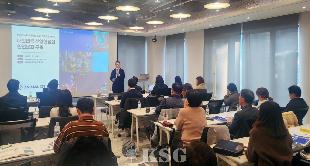







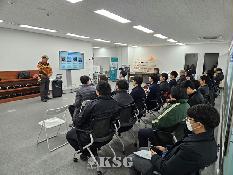




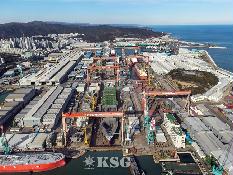
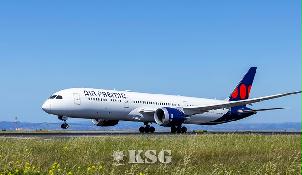
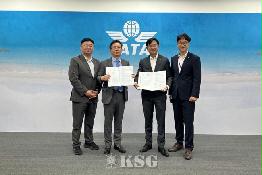

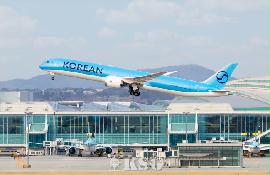


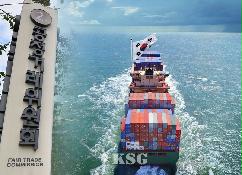


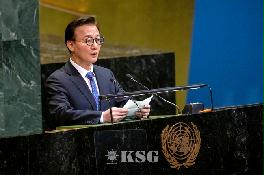
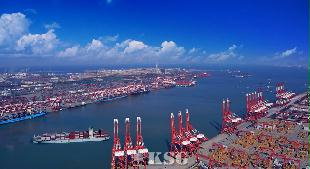
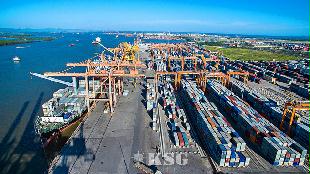
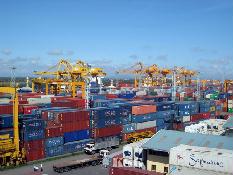






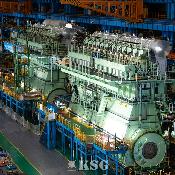
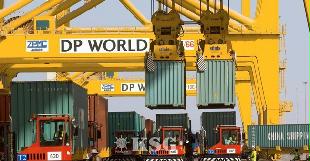

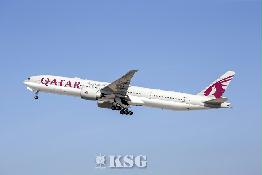





















0/250
확인